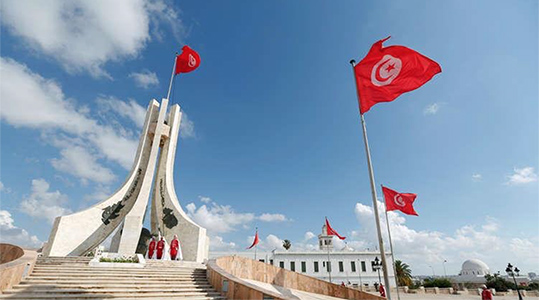The Tunisian government approved the outlines of the state budget project for the year 2021, which will be characterized by more control over expenditures and failure to approve new assignments in the public sector, with the exception of some urgent and high-priority competences such as security, the army, and health.
The government called on all ministries and government institutions not to sign any agreement or take any action that has a financial reflection before returning to the interests of the Presidency of the Government and the Ministry of Finance. The activation of the professional promotions program for the current year has been postponed to 2021 and the program of promotions 2021 to 2022 has been postponed, which reveals the size of the expected economic downturn in Tunisia following the spread of the Corona pandemic and the economic losses it will leave.
These measures come as a result of the government's expectations that the difficult situation in the Tunisian economy will lead to a decline in the pace of growth, and consequently to a sharp decrease in the volume of state resources. The government called on all ministries, institutions and bodies to redouble their efforts to rationalize expenditures during the period between 2021 and 2023, which is the period that is expected to be able to restore normal economic growth.
In the same context, the government decided to postpone the completion of the new training programs for the purpose of assignment, until 2022 instead of 2021, and not to compensate for vacancies in the public sector, and to seek to cover the confirmed needs by re-employing the available human resources and transferring them from one ministry to another.
It is noteworthy that Tunisia's budget for the year 2020 was estimated at about 47 billion Tunisian dinars (about 16 billion dollars), about 20 billion dinars of which are allocated to the mass of wages, which are wages directed to state employees and were the subject of sharp criticism by the International Monetary Fund, which called on the Tunisian government to reduce the size of wages to the level of 12% of GDP instead of more than 15% current level.
Source (Al-Sharq Al-Awsat newspaper, Edited)

